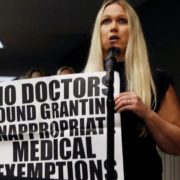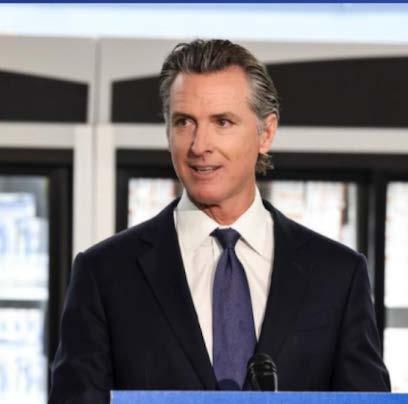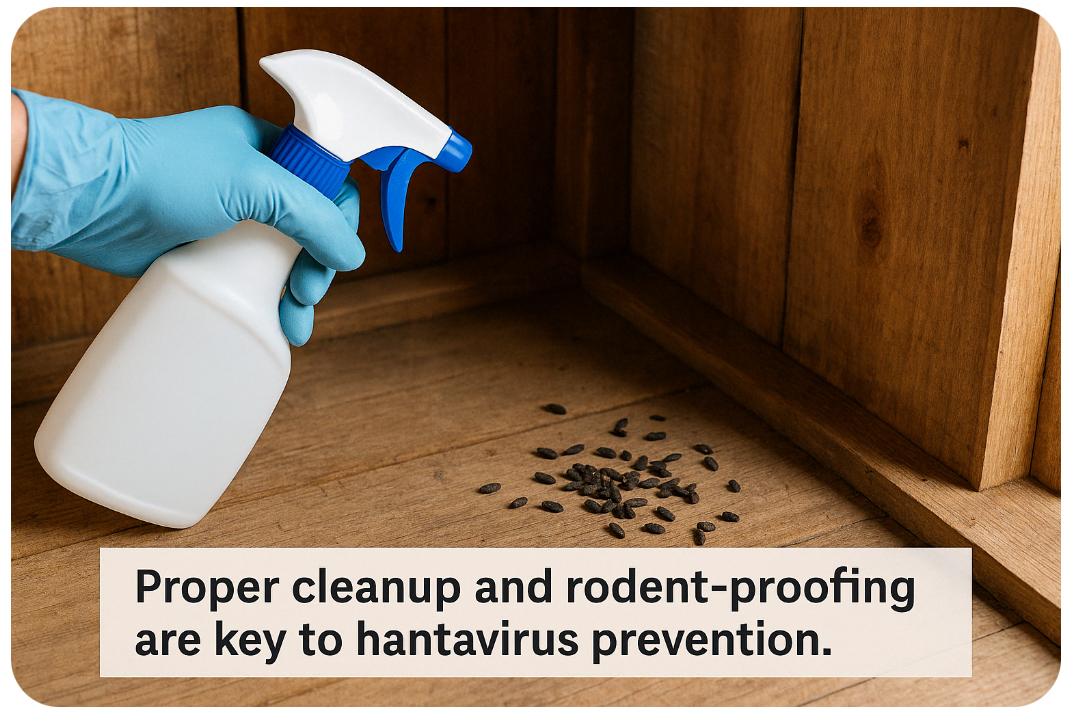Bill limits the medical exemptions to avoid immunizing children before school enrollment
Despite hundreds of parents’ emotional opposition to proposed changes to California’s immunization requirements in a five-hour hearing, a public health committee in the California Assembly passed a bill that would tighten those requirements on Thursday, June 20.
The Assembly Health Committee passed the bill 9-2, moving the bill forward to another committee.
SB 276 was designed to close the many loopholes in a 2015 vaccination law that allowed parents to take “personal belief” exemptions in order to opt out of immunizing their children. Parents who believed in the popular conceptions that vaccines harmed their children — also known as anti-vaxxers — would have been able to bypass these requirements.
Under the new amendments, the California Department of Public Health would review each family’s medical exemption if they attend a school or daycare with immunization rates of less than 95%, which includes about 20% of schools and daycares, according state records.
The 2015 bill states that in order to be exempt from immunizing their child, parents would need certification from their doctors that the child has been examined. Doctors would also need to provide their name, medical license number and a reason for the exemption.
California is one of the strictest states when it comes to childhood immunizations, requiring certain immunizations to attend public or private schools or early child care, but doctors may excuse a child if there is a legitimate medical reason. This new bill sets new guidelines on which medical reasons qualify for a waiver, which was proposed after reports came out of doctors who were excusing children for dubious claims such as asthma or diabetes.
Large crowds of mostly parents have been flocking to hearings on the proposed amendments to the 2015 bill in Sacramento over the last several months. One of the most vocal anti-vaxx groups, Educate.Advocate, wrote that SB 276’s amendments were “verbose, contradictory and complex” and will result in “mass confusion and varied implementation.”
In a statement, the group wrote, “Doubling down on mandates and sweeping generalizations and no consideration for individualized medicine and health care will not yield compliance, but continue to foster distrust of public health officials and legislators at great cost to public education revenues in California.”
But despite the number of outspoken anti-vaxxers who showed up to the state capital to plead to lawmakers to vote no on the bill, the support for the bill overwhelmingly shadows the opposition. A recent poll showed that 3 out of 4 Californians support stricter requirements on vaccine exemptions.
According to CA Sen. Richard Pan, who authored the 2015 bill and is a practicing pediatrician, also noted that the new restrictions were a reaction to the recent measles outbreaks reported throughout the country. As previously reported by the Asian Journal, this year saw more than 940 reported measles cases across 26 states, making 2019 the worst measles outbreak in the U.S. since 1994.
“We want to keep kids safe in school,” Pan said. “We want to give as much latitude as possible while recognizing that every exemption we give, we are also weakening the community immunity in the school.”
SB 276 is currently on its way to the Assembly Appropriations Committee. This week, Gov. Gavin Newsom worked with the bill’s authors to ease the proposed restrictions. Earlier this month, Newsom raised concerns that the bill could overstep into the doctor-patient relationship.
But after working with the authors of the bill to ease some of the bill’s requirements, Newsom formally announced his support on Tuesday, June 18.
“The Governor would like to thank Dr. Pan for his leadership and for partnering with the Administration on these amendments,” Health and Human Services Mark Ghaly said in a statement, who added that the current incarnation of the bill “protects the doctor-patient relationship, strengthens the state’s ability to target doctors who abuse the medical exemption process and gives state public health officials the tools to identify and protect schools and communities where herd immunity is in danger.”(Klarize Medenilla/AJPress)






